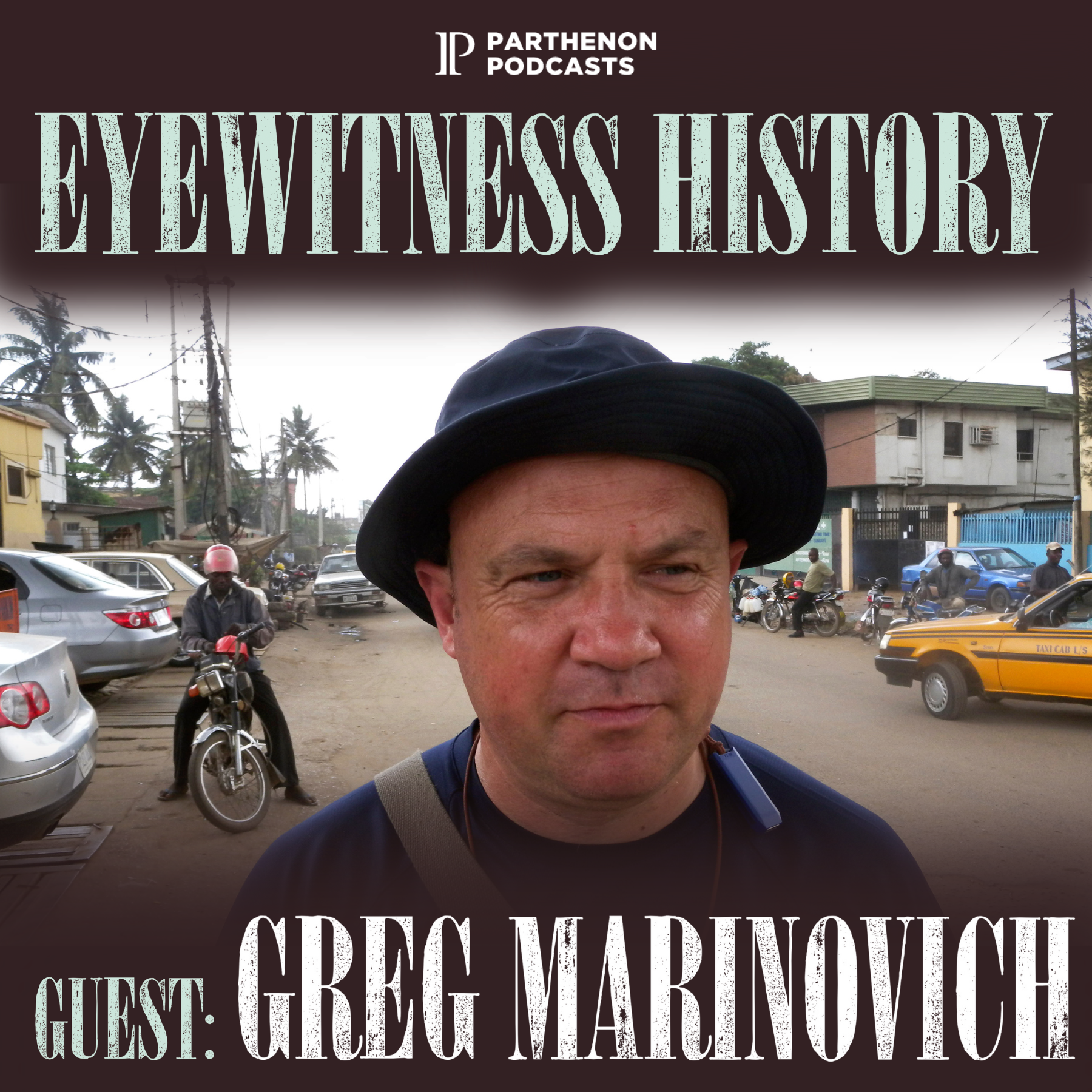Greg Marinovich, the renowned South African photojournalist, has left an indelible mark on the world of photography and documentary filmmaking. Through his lens, Marinovich captured the tumultuous final years of apartheid in South Africa, delving deep into the heart of the nation’s political strife and social unrest.
Born on July 8, 1962, in Johannesburg, Marinovich’s journey into photography was sparked by his innate curiosity and a desire to bear witness to the realities of his country. Growing up in the midst of apartheid, a system of racial segregation and discrimination, Greg Marinovich was profoundly impacted by the injustice and inequality that permeated South African society. This drove him to use his camera as a tool for exposing the truth and advocating for change.
Apartheid, the oppressive political system enforced in South Africa from 1948 to 1994, was characterized by strict racial segregation and the suppression of non-white populations. Greg Marinovich immersed himself in this complex and volatile landscape, documenting the political rivalries and violent clashes that defined the era. His photographs captured the human cost of apartheid, showcasing the suffering and resilience of the people caught in its grip.
One haunting image, in particular, would become synonymous with Marinovich’s name and earn him the prestigious Pulitzer Prize. The photograph, taken in 1990, depicts the horrific murder of Lindsaye Tshabalala, a Zulu Inkatha supporter who was the victim of a mob murder at Soweto’s Nancefield Hostel. It is a chilling testament to the brutality that permeated South African society at the time and the desperate struggle for freedom.
Marinovich’s involvement in the Bang-Bang Club further exemplified his commitment to capturing the raw essence of the apartheid struggle. The Bang-Bang Club, composed of four fearless photographers, including Greg Marinovich, risked their lives to document the violent clashes between rival political factions. Their images provided a searingly honest portrayal of the realities on the ground, often at great personal peril.
Through his lens, Marinovich not only documented history but also became a witness to it. His photographs and stories offered a glimpse into the human spirit in times of adversity and propelled the global consciousness towards the urgent need for change in South Africa. His work remains a powerful testament to the role of photojournalism in shaping public opinion and influencing social justice movements.
In addition to his groundbreaking photography, Greg Marinovich has also ventured into documentary filmmaking, using the medium to delve deeper into the stories he has witnessed. His dedication to shedding light on untold narratives and amplifying the voices of marginalized communities continues to inspire aspiring photojournalists and filmmakers worldwide.
Greg Marinovich’s contributions to the field of photojournalism have forever etched his name in history. His images serve as a powerful reminder of the human capacity for both cruelty and resilience, urging us to confront the injustices that persist in our world and work towards a more just and equitable future.
This is his story.
Cite This Article
"Greg Marinovich – Pulitzer Prize-Winning Apartheid Photographer" History on the Net© 2000-2024, Salem Media.
April 29, 2024 <https://www.historyonthenet.com/greg-marinovich-pulitzer-prize-winning-apartheid-photographer>
More Citation Information.







